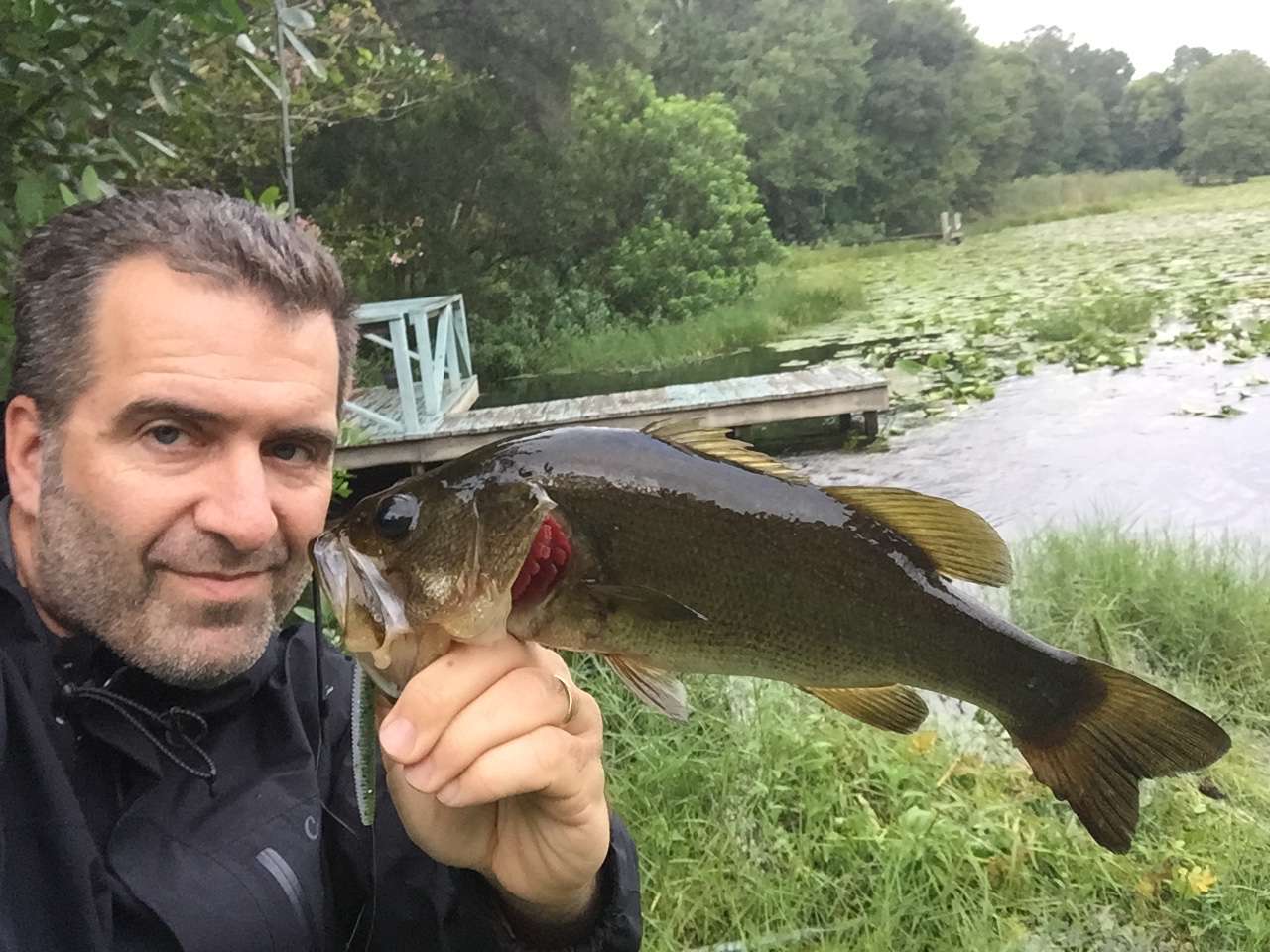
At the end of the day, catch weights will be the most important stat for the TNT Fireworks B.A.S.S. Nation Northeast Regional at the St. Lawrence River, but a relevant variable — one that may very well impact that bottom-line number — will be fuel consumption.
Some of the Championship Saturday finalists will stay relatively close to takeoff, others will make an hour-plus ride.
Competitive smallmouth swim throughout the entire St. Lawrence system, however, the western end, near Lake Ontario typically holds a greater population of larger fish. Fuel consumption is a very real consideration, as is the potential for day-ending mechanical issues.
Suffice it to say, those making the commitment have determined that the risk-reward calculation favors a distant game.
With the St. Lawrence River flowing out of Lake Ontario and continuing northeast to the Atlantic Ocean (through the Gulf of St. Lawrence), running southwest of the Whitaker Park launch site actually means you’re heading upriver. The Great Lake is off limits, but several anglers have reported running 70-plus miles to the Clayton, N.Y., and Cape Vincent areas.
Among them, Billy Gilbert of Hamburg, N.Y., has worked the tournament’s western boundary and held the second-place spot for two days. Representing the Ontario team, Danny McGarry of Newcastle, Canada, has also devoted his tournament to fishing near the mouth of Lake Ontario.
Aaron Orsi, of Millbury, Mass., has also fished Clayton, but his was more a matter of practicality.
“This is my first time here, and I spent my entire practice in Clayton,” he said. “I rented an Airbnb, so I spent the whole time down there. From everything I’ve heard, the fish are a little bit bigger down toward the lake.”
New Hampshire’s Timothy Dube, who has led both days, has been fishing the Alexandria Bay area, not far from Clayton. He likes the abundant current breaks from the numerous land masses of the famed Thousand Islands region, as they’re offering bass abundant spawning options.
Both days, Dube has caught his weight on his first four beds and wrapped up early. If Alex Bay delivers again, he may be unstoppable.
On the flipside, Rhode Island’s Mike Wolfenden played a more conservative game and fished within a few miles of Whitaker Park.
“I left (the takeoff) and took a right and fished all these bays,” Wolfenden said. “I had some big fish up in Clayton — some 6-pounders on beds — but they were in some really obvious areas.
“When I was up there the last day of practice, I saw a lot of boats that could see the same stuff because everyone was using a flogger (underwater viewing device) and it was right out in the open. So I decided to stay down here.”
Boat draws have also factored into anglers’ decisions. On Day 2, Wolfenden launched 115th in a 120-boat field, so he knew a long run would be a wasted effort.
It will be interesting to see if the long runs deliver, or if local waters yield competitive catches.





